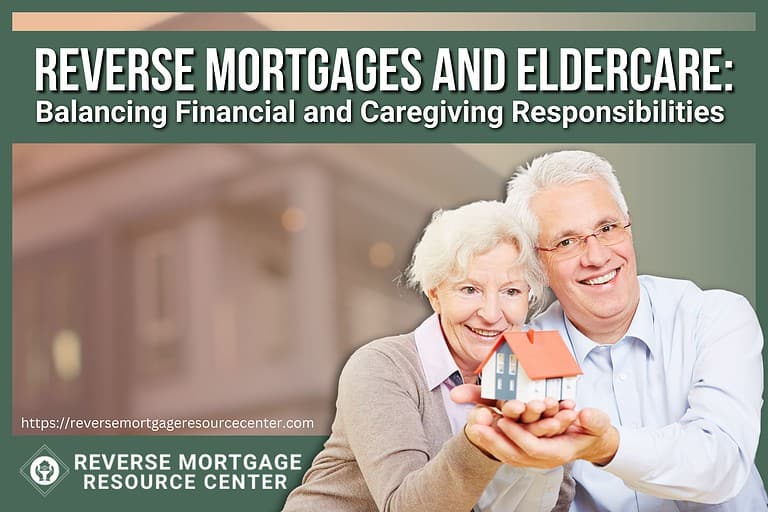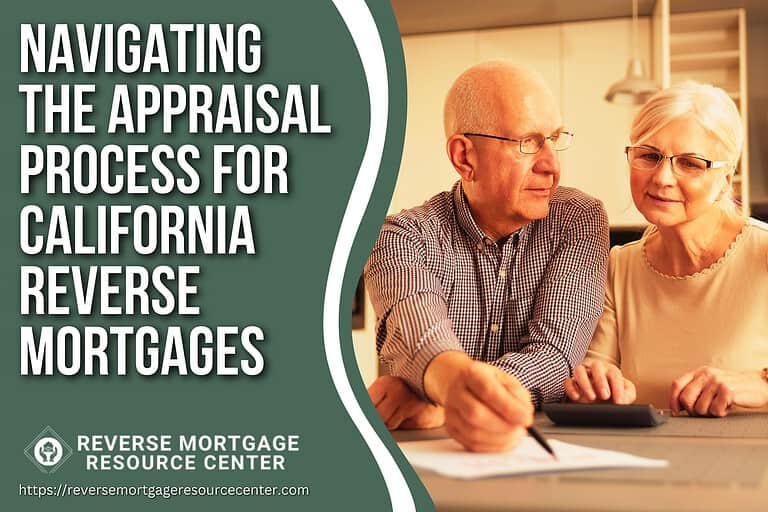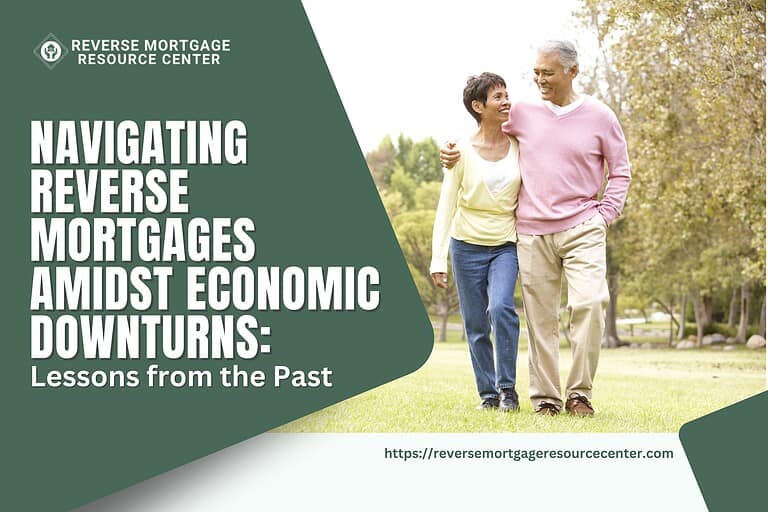Arizona’s Reverse Mortgage Landscape: Insights for Homeowners
Arizona’s stunning landscapes have traditionally enticed retirees and seniors looking for a sunny, inexpensive, and peaceful retirement. While the state’s beautiful scenery and peaceful villages are undeniably alluring, many seniors confront financial difficulties as they approach retirement. Fortunately, Arizona’s reverse mortgage environment provides a one-of-a-kind opportunity for homeowners to unlock the value of their houses while remaining in them. In this post, we’ll delve into reverse mortgages, present crucial insights for Arizona homeowners, and assist you in properly navigating this financial tool.
I. Understanding Reverse Mortgages
Arizona’s Senior Population
Arizona has a burgeoning senior population with diverse financial requirements and concerns. Many people’s homes account for a sizable amount of their net worth. The rising cost of living, healthcare costs, and other financial commitments necessitate that homeowners investigate alternative possibilities for accessing their home equity.
What Is a Reverse Mortgage?
A reverse mortgage is a financial product developed exclusively for homeowners aged 62 and up. In contrast to a regular mortgage, in which homeowners make monthly payments to the lender, the lender disburses funds to the homeowner in a reverse mortgage. These disbursements can be made in the form of a lump sum, a line of credit, monthly installments, or a mix of the three.
II. Types of Reverse Mortgages
In Arizona, homeowners can select from various reverse mortgages based on their financial circumstances.
1. Home Equity Conversion Mortgage (HECM)
The most frequent reverse mortgage in Arizona and throughout the United States is the HECM. It is insured by the Federal Housing Administration (FHA), giving borrowers an extra layer of security.
2. Proprietary Reverse Mortgages
Private lenders offer these for homeowners with greater house values who may require larger loan amounts than HECMs can supply. The FHA does not insure these loans, but they can be more liberal regarding lending standards.
3. Single-Purpose Reverse Mortgages
These loans are often provided by state or local governments or nonprofit organizations for specific objectives such as house repairs or property taxes. They often have less expensive upfront charges but may have more stringent eligibility requirements.
III. Benefits of Reverse Mortgages for Arizona Homeowners
Reverse mortgages can provide various benefits to Arizona homeowners.
1. Supplementing Retirement Income
For many seniors, social security and modest savings may be their primary source of retirement income. A reverse mortgage allows homeowners to access their home equity, allowing them to supplement their monthly income, pay medical bills, or finance other necessary needs.
2. No Monthly Mortgage Payments
One of the most significant benefits of a reverse mortgage is that homeowners are not compelled to make monthly mortgage payments. This can relieve financial stress for retirees on a fixed income.
3. Retain Ownership of the Home
Even after taking out a reverse mortgage, Arizona homeowners retain ownership of their properties. They can continue living in their homes if they meet the loan criteria.
4. No Repayment Until the Home is Sold
The loan must only be repaid when the homeowner moves out, sells the home, or passes away. The debt is repaid from the selling proceeds, and any remaining equity belongs to the homeowner’s heirs.
IV. Eligibility and Requirements
Understanding the eligibility criteria and restrictions is critical for Arizona homeowners considering a reverse mortgage.
1. Age and Homeownership
Homeowners must be at least 62 and own their house outright or have a significant amount of equity to be eligible.
2. Financial Assessment
Lenders will evaluate the homeowner’s capacity to satisfy financial commitments such as property taxes, insurance, and maintenance. The homeowner’s credit history and income may be considered.
3. Counseling
Before getting a reverse mortgage in Arizona, homeowners must attend a counseling session with a HUD-approved counselor. This counseling explains the concepts and ramifications of a reverse mortgage to homeowners.
4. Ongoing Obligations
Homeowners who receive a reverse mortgage must continue to pay property taxes, homeowner’s insurance, and maintain the property.
V. Potential Drawbacks and Considerations
While reverse mortgages provide many advantages, they also have disadvantages and considerations.
1. Accruing Interest
Interest accumulates on the loan balance over time, resulting in a larger loan amount to repay when the homeowner moves or passes away.
2. Impact on Heirs
The loan debt becomes payable upon the homeowner’s death. To resolve the debt, heirs may be required to repay the loan or sell the home, which may influence their inheritance.
3. Limited Equity
Due to the loan balance and accruing interest, the amount of equity available to homeowners in the future may be diminished.
VI. Protecting Arizona Homeowners
Arizona has implemented several procedures and regulations to protect homeowners’ interests.
1. HUD Counseling
HUD-mandated counseling ensures that homeowners receive competent advice before entering a reverse mortgage. This stage is intended to clarify and comprehend the terminology and ramifications.
2. Non-Recourse Loans
In Arizona, HECM loans are considered non-recourse loans, which means that borrowers or their heirs are not personally liable for loan balances that exceed the home’s value at the time of repayment.
3. Legal Protections
Arizona has put in place legal measures to protect homeowners from potential misuse and to guarantee that the reverse mortgage terms are fair and clear.
VII. How to Choose the Right Lender
Choosing the appropriate lender is critical for Arizona homeowners seeking a reverse mortgage.
1. Reputation and Experience
Look for reverse mortgage lenders with a good reputation and a lot of experience. Check their qualifications and consumer feedback.
2. Interest Rates and Fees
Examine the interest rates and fees various lenders charge. Understanding the cost structure can assist you in making an educated selection.
3. Loan Terms and Options
Investigate several loan choices, such as HECMs and bespoke reverse mortgages, and select the one that best meets your financial needs and goals.
4. Customer Service and Support
Customer service and support from a lender may make or break your reverse mortgage experience. Select a lender who is attentive and offers detailed guidance.
VIII. Alternatives to Reverse Mortgages
While reverse mortgages can be a realistic option for Arizona homeowners, it is critical to investigate other options.
1. Downsizing
Selling your present house and downsizing to a smaller, more affordable home can free up equity for retirement requirements.
2. Home Equity Line of Credit (HELOC)
A HELOC allows homeowners to access their home equity, but it does necessitate monthly payments.
3. Financial Planning
Working with a financial advisor can assist you in developing a retirement plan that optimizes your income sources while mitigating financial risks.
REVERSE MORTGAGE RESOURCE CENTER ~LIVE LIFE ON YOUR TERMS~
Our Lending Team has been serving our clients since 2004. We are passionate about serving our clients with integrity to help them achieve their financial goals.







